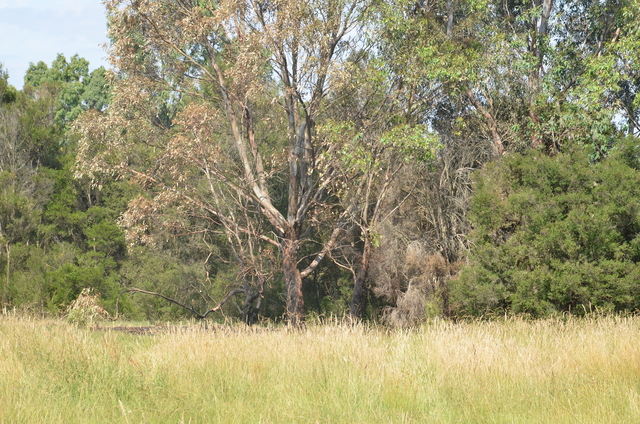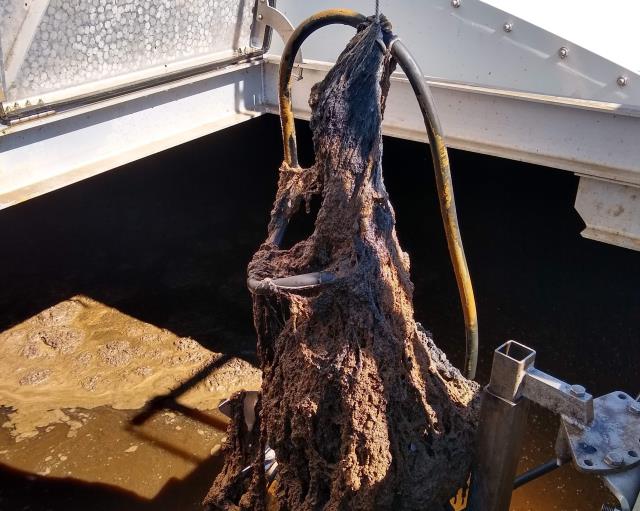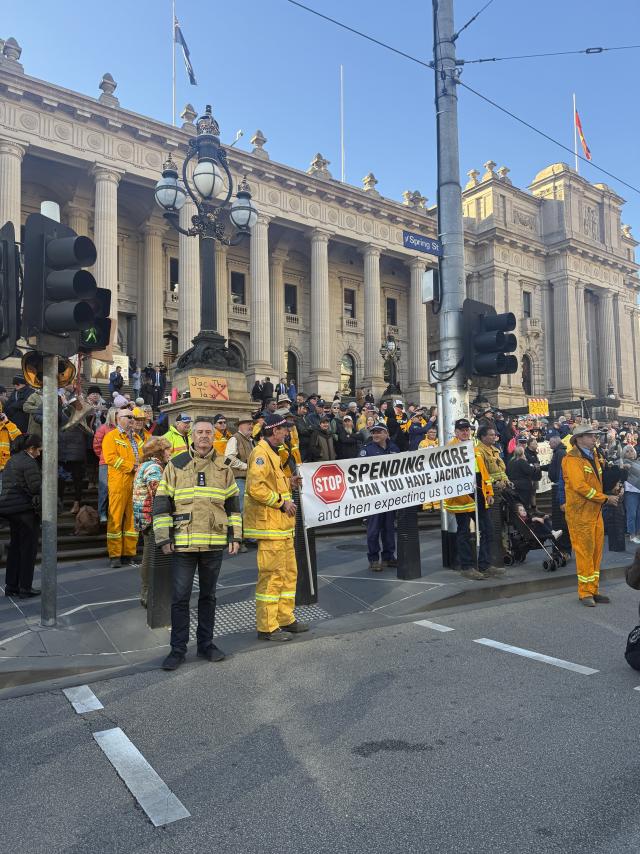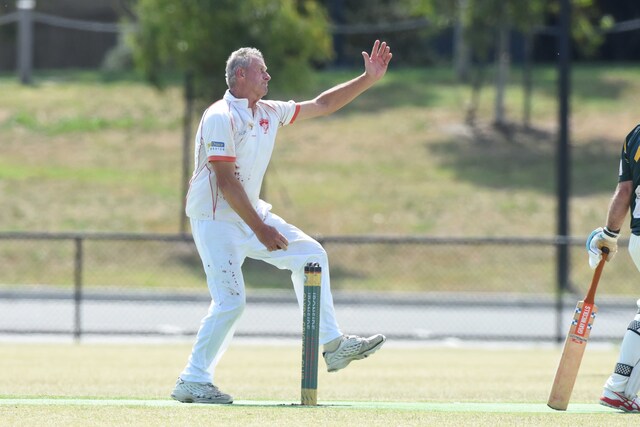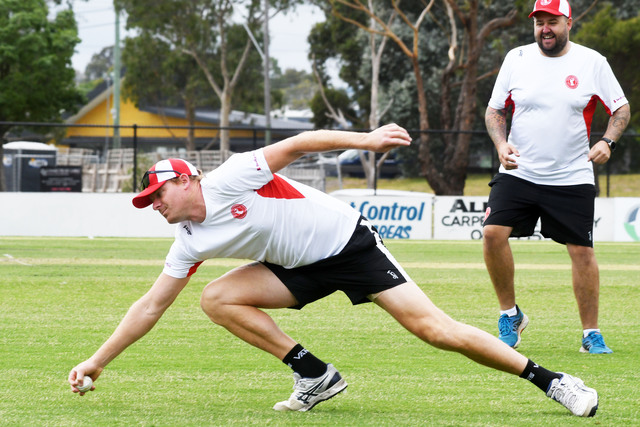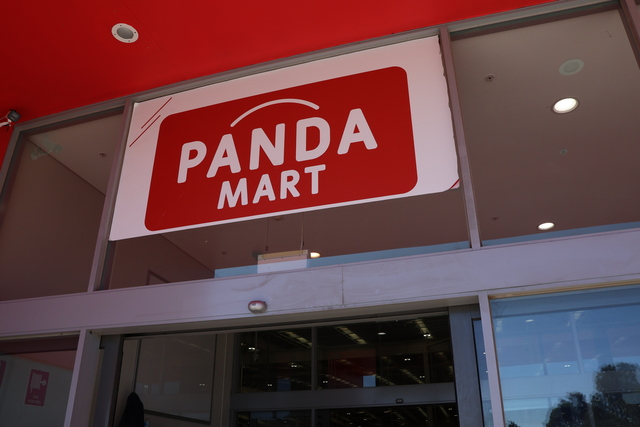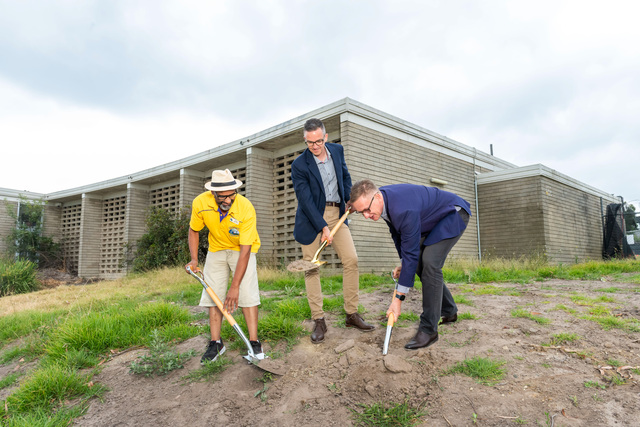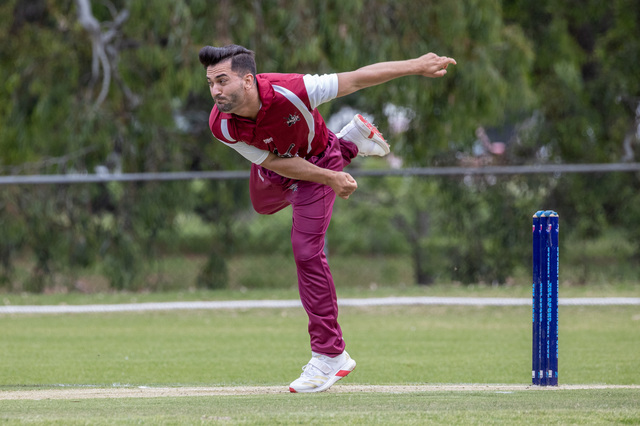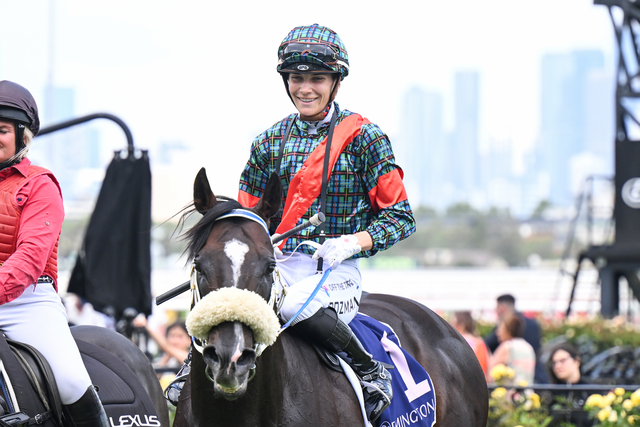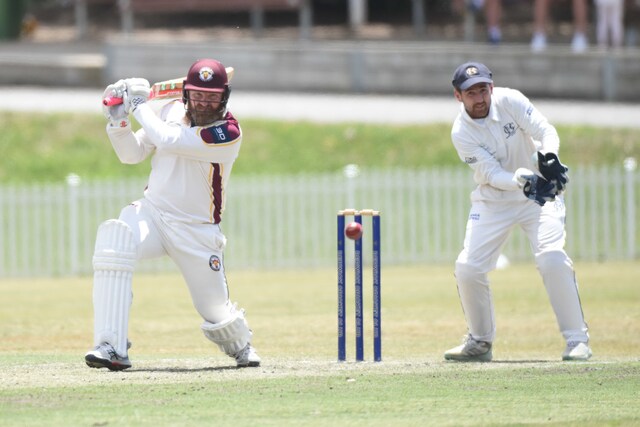Since council monitors were officially announced by the State Government earlier this month, Casey council candidates in the north-east of the city have expressed a mixed bag of emotions with the new initiative.
According to the media release on 2 September, these council monitors would also be appointed to Whittlsea City and Strathbogie Shire Councils to support the transition back to elected councillors and ensure good governance practices.
Mush Rahaman, council candidate for Akoonah Ward is on the fence about the decision, saying that the soon-to-be newly appointed councillors have “certain expectations” and a “vision” for the council.
“These new people, many coming from independent backgrounds, they have their certain ways that they would monitor things,” Rahaman said.
“They want to progress things, they have a vision, as long as these visions are not impacted by the [monitors] then it’s okay, it doesn’t hurt.
“But at the same time it would be an additional expense by the council as well, the ratepayers will be paying for this.”
However, Rahaman recognises the need for an overseeing body, that the new councillors could bear fruit from their presence, saying that “we can embrace and use it in a positive way”.
“We can coordinate and work together; if they are there to help and we can really get that and learn from them, and use that skill for future development of our council, then it’s a blessing.”
However, Grevillea Ward Candidate, Stephen Capon sees no benefits in having the monitors in place, saying that the argument made by the State Government’s media release that monitors will support the newly elected councillors to restore good governance “is nonsensical”.
“It should have already been restored by the administrators, similarly, given that the municipal monitors’ functions are to ‘monitor council governance and practices’, ‘advise the council about the governance improvements’, and to make recommendations relating to council ‘governance matters’, their appointment shouldn’t be necessary.
“How exactly are they going to ‘help prevent recurrence of issues that led to each councillor’s dismissal’, when good governance should have already been restored and improved over the past four years?”
Capon added that the implementation of the monitors shows a “complete lack of faith” in the new Casey Council candidates and their “heart for their local community”.
Furthermore, he added that it would be additional stress for the ratepayers; as well as it remains unclear what they have to offer that “the new councillor training, code of conduct, and administrators’ governance fixes couldn’t do”.
Casuarina Ward candidate, Kim Ross is looking for balance, saying that while it may be a little “premature” to make any certainties without knowing the monitors’ powers she understands that “they don’t want a repeat of what’s happened in the past, none of us do”.
“None of us want a repeat of having four years without local representation because it’s really hard.
“However, I think that if they’re doing it for one council, they need to do it for all councils, because all councils have the potential for the wrong people to get elected for the wrong reasons.
“There is nothing to indicate that the new councillors for Casey are going to be more prone to doing the wrong things than any new councillor in any new council,” she said.
Ross stressed the comparison of the newer Casey councillors with other LGAs, further emphasising that the monitors’ presence could potentially spell a sense of uncertainty, where they’re saying “‘hey, we think you could potentially stuff up’”.
“This is a bit like shutting the door after the horse has bolted,” she said.
At the same time, if said monitors were to offer more support and guidance for councillors who need it, then that would be something she would easily get behind.
Akoonah Ward candidate, Samuel Dennison has “no issues” with the role of the monitors, agreeing that there are many who are concerned about “the past happening again”.
“I think it’s important that we want to show that we care about integrity, and obviously that is number one, but also that we’re building back the reputation of the council and also the trust of the councillors,” he said.
The guidance of the monitors, as well as the mentioned lack of experience of some councillors, is, for Dennison, a boon for the new council.
“It’s about doing the right thing even when no one’s looking, as long as you’re not doing anything behind the scenes or doing anything that is not in the interest of the community, then you have nothing to worry about.
“I don’t preempt any negative outcomes from having additional scrutiny, I’m all about integrity so I really think that it makes me feel a little bit more comfortable as well,” Dennison said.
Grevillea Ward candidates, Stephen Matulec and John Ternel are both on board with the new monitors, with Ternel saying that the additional body would be a “good thing”, considering that the majority of the upcoming councillors will be treading new waters.
“A lot of new councillors are in new territory, so any help or assistance or advice is good as long as there are no political agendas that are introduced,” he said.
“Information is powerful, there are lessons that have been learned from things that have happened before and we can avoid making them again, so I’m all for it.”
Matulec is in agreement, taking into account that the City of Casey hadn’t had councillors for some time, the one-year period of monitoring would be “good for people to sort of just find their feet”.
“I think they [the monitors] should be available for the councillors to speak to, where the councillor says ‘Oh I’m not sure how this works’, or ‘I’m not sure if I need to say to declare this’.
“They should be there to support the councillors, and they shouldn’t be too hands-on with their business.”
Getting the balance “right” is integral, according to Matulec, where a fine line must be drawn between ensuring good governance as well as transparency, and intervention.


